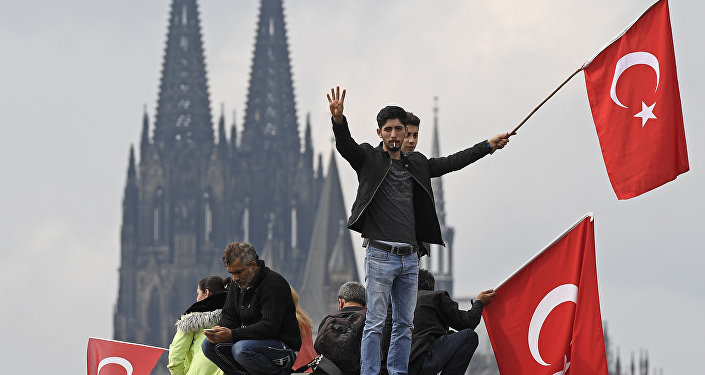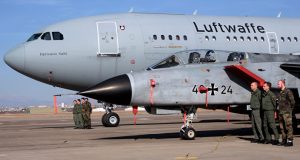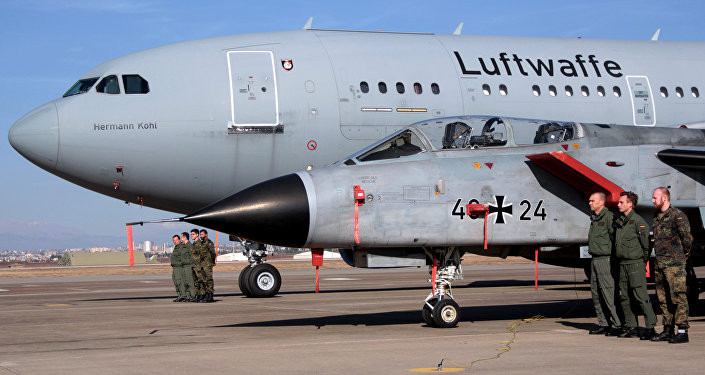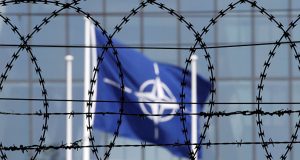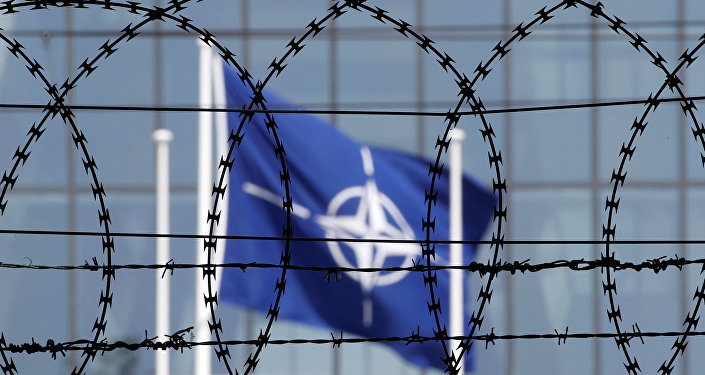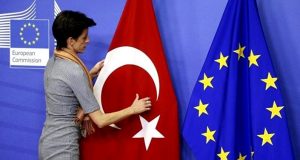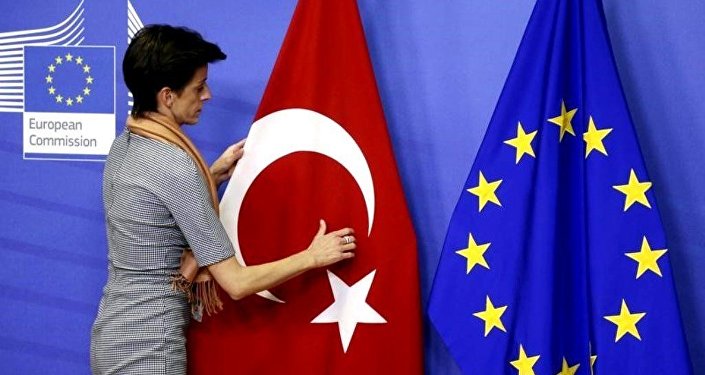On Sunday, Germany started the withdrawal of its troops from the Turkish Incirlik base, as the result of a decision approved by the Bundestag in June following a row between Berlin and Ankara.
The base hosted some 270 German servicemen, six Tornado reconnaissance aircraft and one refueling plane. The forces will to be redeployed to Jordan. The redeployment is expected to take up to three months.
This contingent was initially deployed to the Incirlik base as part of a United States-led international coalition fighting Daesh in Iraq and Syria. German Defense Minister Ursula von der Leyen said that the German planes played an important role in the coalition. At the same time, the German contingent was a small force and its redeployment is unlikely to have a negative effect on the coalition’s efforts. What is more important is the political message of this decision.
The withdrawal from Incirlik is another critical point in the bilateral relations. The decision was made by Berlin in response to Ankara’s repeated rejections to let German lawmakers visit the base without offering an explanation. However, ties between Germany and Turkey have been in decline for already a year.
In 2016, the German Parliament recognized the Armenian genocide, angering the Turkish government. The next blow to the bilateral ties came after an attempted military coup in Turkey last year. Turkish President Recep Tayyip Erdogan accused the West of supporting the coup and criticized Germany for granting asylum to Turkish military personnel allegedly involved in the coup.
In March 2017, Erdogan accused Berlin of “fascist actions” after German authorities canceled political rallies aimed at drumming up support for a constitutional referendum in Turkey. After the referendum, Ankara and Berlin intensified their war of words. Finally, Germany blocked the Turkish president from addressing Turks in Germany during the G-20 summit in Hamburg.
Reacting to Berlin’s decision to pull out from Incirlik, the Turkish government pretended that it was not a big deal; some biting remarks were made by Turkish officials though.
“If Germany decides to pull out of Incirlik, we might as well say goodbye,” Erdogan said.
Earlier, Turkish Foreign Minister Mevlut Cavusoglu said, “If they want to leave, it is up to them. We are not going to beg. They were the ones who wanted to come and we helped them.”
However, despite such bold statements, there is no sign that Ankara is going to break up with Germany or NATO.
“First, making such statements is normal for Turkish politicians. Second, Ankara is trying to demonstrate its resolution, in order to win concessions from Berlin and other European countries. Turkey also wants to underscore its independence and significance as a global player,” an article in the Russian online newspaper Vzglyad read.
Erdogan’s foreign policy fluctuates between cooperating with partners and confronting them. For example, despite numerous tensions, Turkey actively cooperates with the European Union on a number of issues, especially the migrant crisis. Despite a downturn in relations with the US, Turkey continues to remain one of Washington’s most important allies in the region. The very same policy has been applied to relations with Russia.
“What is important is that despite its efforts to pressure Turkey, Berlin does not want to break up with Ankara. This is why German officials were much more reserved in their statements about Incirlik. Chancellor Angela Merkel said that the pullout would help prevent further disputes with Ankara. At the same time, tensions are unlikely to ease between Germany and Turkey in the near future. They will be a serious challenge to Berlin’s foreign policy,” the article read.

